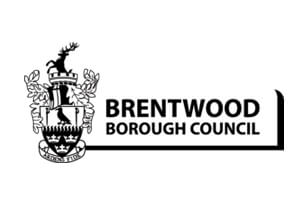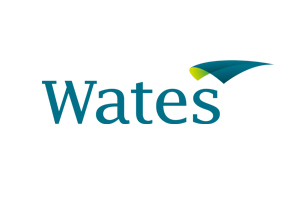Seven procurement pitfalls you can’t afford to ignore
On 22 July 2025, Echelon Consultancy wrapped up its Procurement Fridays series with a session led by procurement law expert Kieran McGaughey – designed to empower procurement professionals in mastering the new Procurement Act. The finale zeroed in on the seven most frequent and costly missteps organisations make in procurement, and offered practical strategies to steer clear of them.
Procurement as the “Silent Partner”
Is your procurement team actively leading the procurement process, or a passive participant? This was the first procurement pitfall explored in the final session. When procurement professionals take a backseat in the process, it can result in poor record keeping, legal breaches, and weaker tender outcomes. This was explored in more detail with reference to the Consultant Connect case, where the court criticised the Head of Public Procurement for failing to tackle misconduct. So, how can procurement professionals take back control and deliver better outcomes? Taking ownership is key, explained Kieran, which should include overhauling poor practices and guiding organisations toward the adoption of more streamlined and robust processes.
Not following internal rules
Breaching procurement rules isn’t just a legal and financial risk, it can also cause significant reputational damage. This was the focus of the second procurement pitfall, failing to comply with internal procurement rules, including Contract Standing Orders and internal governance processes. Kieran directed attendees to a recent case involving Cambridgeshire County Council, in which 20 procurement breaches (13 of which broke the law), were uncovered in just 9 months. So, how can other organisations avoid falling victim to the same fate? Staff training should be a priority, explained Kieran, as well as ensuring governance documents are up to date, and ensuring internal and external procurement requirements are reflected in decision-making.
Template troubles
The topic of template troubles has been no stranger to our Procurement Friday’s series, and in this session, Kieran drew attention to some of the most common template issues, including outdated, overly complex, or legally unbalanced procurement templates, such as contracts, ITT’s and evaluations summaries. Poorly constructed templates risk discouraging bidding, especially from SMEs, and can often lead to disputes. Kieran’s advice for tackling template troubles included investing in user-friendly, legally sound templates and using bidder feedback to refine them. Attendees were also reminded of good practice in template creation, including writing in plain English, ensuring templates are tailored for their intended use, and aligned with the level of risk and value of the contract.
Evaluation and moderation gone wrong
Evaluation remains the most legally challenged stage of the procurement process. Some of the most common reasons for legal challenges include unclear scoring matrixes, untrained evaluators, and the introduction of undisclosed sub-criteria. For procurement professionals, keeping heads above water will require delivering tailored evaluator training, selecting subject matter experts, and documenting the full evaluation journey – from individual scores to consensus decisions. This will ensure a fair process and provides a solid audit trail in the event of a challenge.
Poor contract management
Procurement doesn’t end at contract award. Poor contract management can also result in issues post-award, with a frequent procurement pitfall being the lack of structured contract management, which can result in performance issues, missed KPI’s, and non-compliance under the new Procurement Act. To ensure a smoother process, authorities should appoint contract managers, involve them early in the process, and embed reporting obligations into contracts for absolute clarity and the avoidance of any doubt. Kieran recommended aligning internal contract management rules with the new transparency requirements, particularly for contracts above £5 million.
Misunderstood modifications
Rules around contract modifications are often still misunderstood, which can lead to unlawful extensions or scope changes. Organisations should remember that not all modifications are permitted, and that different thresholds and conditions apply depending on the gateway used. Assumptions often lead to misunderstandings, and misunderstandings can lead to significant consequences. Assumptions, like always being allowed a 50% extension, are incorrect. Under the Procurement Act, authorities must publish Contract Change Notices (except in limited scenarios), increasing the scrutiny of modifications. Legal advice and careful application of the new gateways are essential.
Poor record keeping
The session concluded with a spotlight on the seventh and final procurement pitfall – poor record keeping. Inadequate record keeping in procurement can undermine transparency and increase litigation risk. Courts have consistently ruled that authorities must be able to explain and justify procurement decisions.
The Procurement Act now mandates retention of key records for at least three years.
Kieran encouraged attendees to create an internal checklist to ensure procurement and contract managers are trained on what documentation to maintain.






























